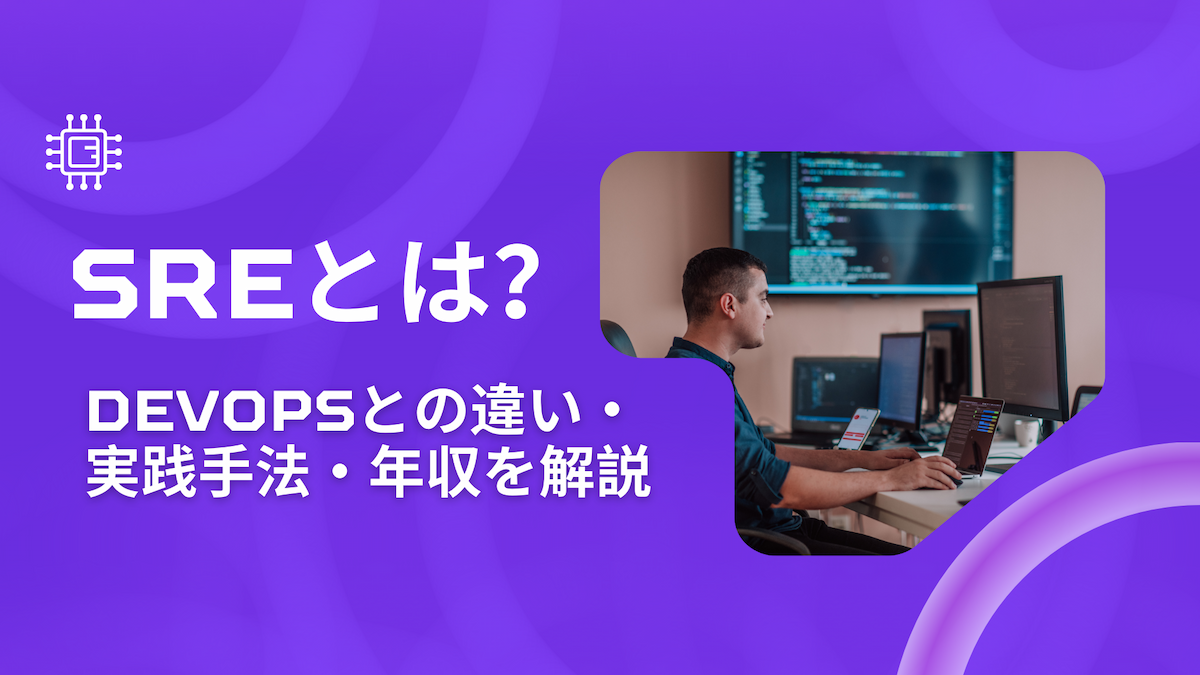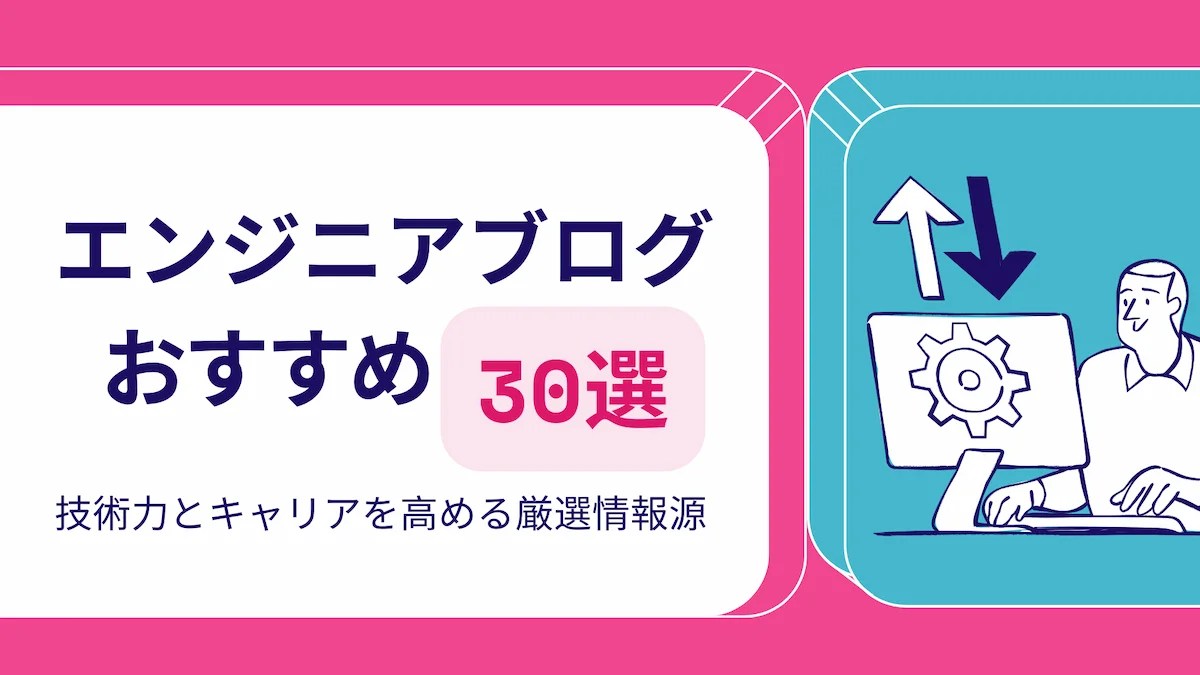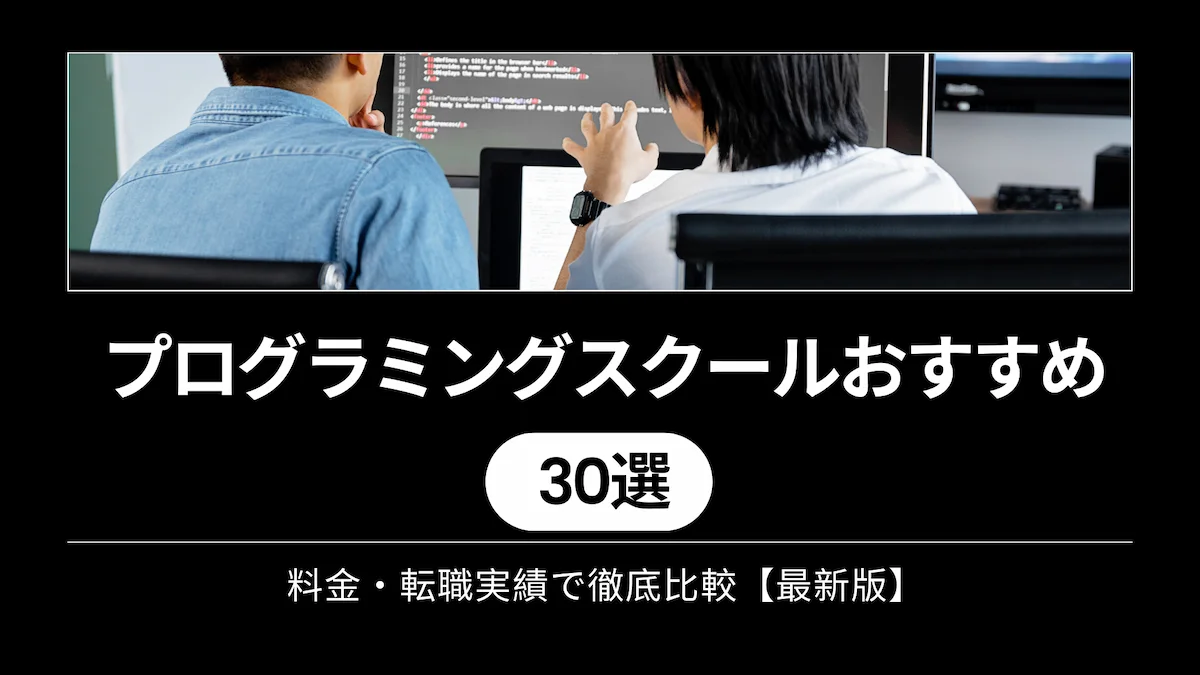As the number of foreign workers in Japan continues to grow, understanding Japan’s unique workplace culture and business etiquette has become essential for career success.
This article explores Japanese workplace culture’s characteristics, from collectivism and hierarchical structure to practical communication methods and career development strategies.
- How Japanese workplace hierarchy works
- Key business manners for success in Japan
- Ways to build your career in Japanese companies
1. Characteristics of Japanese Workplace Culture

Japanese workplace culture is shaped by unique traditions and values. For foreign workers to adapt to Japanese workplaces, it’s important to understand the following key points.
Collectivism and Harmony-Focused Culture
Japanese society is traditionally collectivist, often prioritizing organizational benefits and harmony over individual interests.
Even if you achieve results, taking independent action that disregards your supervisor’s or team’s direction may make it difficult to be accepted as a team member.
In meetings and discussions, it’s important to avoid direct criticism or blunt opinions, and instead be mindful of others’ positions and feelings.
Hierarchical Structure and Relationships
Japanese workplaces generally place strong emphasis on status differences.
These differences span various elements, from organizational hierarchy (supervisor/subordinate) and employment status (full-time/contract/part-time) to length of service (senior/junior) and age (older/younger).
Bridging these status differences isn’t easy, and those in lower positions are generally expected to use honorific language and show respect to those in higher positions.
However, in recent years, awareness of harassment prevention has grown in Japan, and cases of supervisors demanding unreasonable submission from subordinates have been declining.
Work Philosophy
In Japanese society, “diligence” is traditionally viewed as a virtue. As a result, Japanese people often prioritize work over personal enjoyment.
This isn’t just driven by individual desires for recognition from supervisors, but also by consideration for not causing trouble for others.
However, in recent years, Japan has seen a growing emphasis on work-life balance, with many companies implementing work style reforms aimed at reducing overtime hours.
2. Communication Characteristics and Strategies

Communication methods are crucial regardless of which country you work in. To adapt to the workplace, you need to understand the characteristics of Japanese-style communication and how to handle it.
Unique Japanese Business Communication
Japanese business communication is characterized by its emphasis on etiquette and indirect expression.
Conversation
Using honorific language is fundamental, especially when speaking to supervisors or people outside the company. Learning and studying appropriate honorific language is important.
Business cards
In Japan, it’s common to exchange these with business partners upon first meeting. There are specific manners involved in the exchange.
Furthermore, in many cases, Japanese people don’t express negative opinions or disagreement directly.
For example, when a Japanese person says “that might be difficult,” it often actually means “that’s impossible.”
When working in Japan, foreign workers should understand this culture of “tatemae and honne” (public face and true feelings) and maintain an attitude that shows respect for others.
Meetings
In Japanese workplaces, reflecting their collectivist nature, many meetings are held for consensus-building and information sharing.
While the frequency of meetings can reduce productivity, it also helps refine ideas and reduce the risk of failure.
Periods of silence may occur during meetings. In most cases, this is because participants are deeply considering what to say, and it doesn’t carry any negative meaning.
While actively sharing opinions is generally welcome, be careful as behaviors like forcefully pushing your opinion or dominating the conversation might be seen as “disrupting group harmony.”
Non-verbal Communication
While Japanese people tend to refrain from expressing opinions directly, they place high value on non-verbal communication skills like body language.
Therefore, when working in a Japanese workplace, it’s necessary to make an effort to read others’ opinions, feelings, and conditions from subtle expressions and gestures.
Specific examples
- Offering support when someone appears unwell, even without being asked
- Checking in with team members who seem overwhelmed with work
At the same time, be aware that your emotions might be read from subtle cues. Particularly, showing displeasure through expressions or gestures might be taken more seriously by Japanese people than you intended.
■日本でエンジニアとしてキャリアアップしたい方へ
海外エンジニア転職支援サービス『 Bloomtech Career 』にご相談ください。「英語OK」「ビザサポートあり」「高年収企業」など、外国人エンジニア向けの求人を多数掲載。専任のキャリアアドバイザーが、あなたのスキル・希望に合った最適な日本企業をご紹介します。
▼簡単・無料!30秒で登録完了!まずはお気軽にご連絡ください!
Bloomtech Careerに無料相談してみる
3. Daily Workplace Culture (Manners) and Customs

To be recognized as a trustworthy member in a Japanese workplace, it’s important to understand Japanese business manners and customs and consciously incorporate them into daily behavior.
Specifically, consider the following points.
Basic Business Manners
Among various Japanese business manners, the most fundamental are greetings and maintaining proper appearance.
Key points for greetings: Greetings like “ohayou gozaimasu” (good morning) and “otsukaresama desu” form the foundation for building good relationships. Be mindful of bowing and using appropriate honorific language.
Key points for workplace attire: Even in workplaces that allow casual dress, it’s implicitly understood to avoid unclean or sloppy clothing, or overly distinctive fashion. If unsure about dress code, start by wearing formal attire like suits or jackets and observe your colleagues’ fashion choices.
Time and Attendance
Punctuality is one of the most valued elements in Japanese business settings. Tardiness or unexcused absences without valid reasons severely damage one’s reputation.
Particularly important cases to avoid (regarding tardiness): Being late for work involving others, such as meetings or appointments → This may be interpreted as showing disrespect for that person or client company. You must be extremely careful to arrive at least 5 minutes early.
Taking sick leave or paid vacation is a worker’s legitimate right.
However, if your absence creates a burden for the workplace, it’s considered appropriate to apologize for any inconvenience and express gratitude for others’ support.
Internal Events and Communication
In Japanese workplaces, “ho-ren-so” (報告・連絡・相談: report, inform, consult) is generally considered the foundation of communication.
When irregular situations arise or you’re unsure how to handle something, avoid making independent decisions and first discuss with your supervisor for guidance or approval.
Also, some Japanese companies actively organize events outside work hours, such as drinking parties, dining events, orientations, and training trips.
While participation is generally optional, these can be effective for building closer relationships with colleagues. However, these practices are becoming less common than before.
4. Team Roles and Expectations

In Japanese companies, which tend toward collectivism, teamwork is emphasized in business operations. Team members are expected to contribute in the following ways:
Member Responsibilities
A strong sense of responsibility is an important quality that most Japanese companies seek in employees. Team members are naturally expected to fulfill their responsibilities according to their position and role.
To meet expectations, it’s important to first accurately understand what your supervisor expects from you.
Clearly confirm the content and scope of your work, deadlines, and authority, and conscientiously complete your tasks.
For Project Progress
To smoothly advance projects, it’s important to clarify task priorities and deadlines. Handle important and urgent tasks early, and work with time to spare.
It’s also important to regularly check and share work progress, and consult with supervisors if delays occur. When you need help, your supervisor and other members will likely support you.
Position Within the Team
It’s also important to understand your own and other members’ positions within the team.
Understanding who has what skills, experience, roles, and characteristics makes work significantly easier to progress.
This knowledge also helps you know whom to consult when you encounter troubles.
■日本でエンジニアとしてキャリアアップしたい方へ
海外エンジニア転職支援サービス『 Bloomtech Career 』にご相談ください。「英語OK」「ビザサポートあり」「高年収企業」など、外国人エンジニア向けの求人を多数掲載。専任のキャリアアドバイザーが、あなたのスキル・希望に合った最適な日本企業をご紹介します。
▼簡単・無料!30秒で登録完了!まずはお気軽にご連絡ください!
Bloomtech Careerに無料相談してみる
5. Career Development and Evaluation Systems

When working in Japan as a foreigner, it’s essential to understand the differences in career development and personnel evaluation methods. Consider the following points for career success:
Evaluation Systems in Japanese Workplaces
Unlike Western evaluation methods, it’s said that performance-based systems aren’t as deeply rooted in Japan.
While decreasing, some workplaces still maintain seniority-based thinking, where factors beyond performance and ability, such as years of service and diligent work attitude, remain important evaluation criteria.
Sometimes, even without notable achievements, serving as a team coordinator can result in high evaluations.
Understanding personnel evaluation criteria provides hints about what kind of talent the company seeks, so try to grasp these as accurately as possible.
Methods for Skill Development
For engineers to improve their skills, options include gaining practical experience, obtaining certifications, and participating in seminars.
Having highly specialized certifications is particularly advantageous for employment and job changes in Japan, second only to practical experience.
Additionally, building a career in Japan requires not just practical skills but also Japanese language skills.
Actively study Japanese by attending language schools or using e-learning resources.
With Japanese language proficiency at the N2 level of the Japanese Language Proficiency Test (JLPT), you’ll rarely face workplace communication difficulties.
Building a Career Path
As with Japanese employees, success in your career requires thinking and acting with a long-term perspective on your career path.
Engineers generally have three main career directions
- “Specialist” with high expertise in a specific field
- “Generalist” with broad skills
- “Manager” who leads the entire team
Which direction to pursue depends on individual aptitude and desires, but work backwards from your ideal future to identify necessary skills, knowledge, and experience, and pursue a career that will help you acquire these.
If you’re unsure about your career path, consider consulting with workplace supervisors or seniors.
6. Dealing with Cultural Differences

Foreign workers can expect to face many challenges due to language and cultural differences before becoming accustomed to Japanese workplace culture.
Below, we explain common challenges foreign workers face in the workplace and how to address them.
Common Challenges and Solutions
The biggest struggle for foreigners in Japanese workplaces is typically communication difficulties.
Particularly when uncertain about Japanese language skills, this can hinder relationship building with supervisors and colleagues and task execution, potentially leading to frustration and loneliness.
You might find Japanese people’s reserved emotional expression distant.
To solve these issues, it’s important to develop basic Japanese language skills while understanding Japanese temperament and communication characteristics.
Utilizing Consultation and Support
If you’re having trouble with work or daily life, try consulting with supervisors or colleagues. Many Japanese people understand the difficulties foreigners face in adapting to Japanese workplaces, including language acquisition challenges.
If serious issues arise regarding work environment or employment contracts, consult the Ministry of Health, Labour and Welfare’s “Consultation Service for Foreign Workers.”
For employment or job changes, you can access government support through Hello Work or Foreign Employment Service Centers, not just private employment support services.
Long-term Adaptation Strategy
Complete adaptation to Japanese workplaces requires considerable time and patience for foreign workers. Therefore, develop a long-term adaptation strategy rather than expecting immediate success.
When tired of being among Japanese people, consider connecting with others of similar backgrounds through social media or foreign community gatherings.
Building such networks not only provides mental refreshment but may also lead to career development opportunities.
7. Understanding Japanese Workplace Culture for Career Success
Adapting to Japanese workplace culture isn’t achieved overnight.
However, by understanding the cultural characteristics and customs explained in this article and consistently acting with awareness of them, you can surely build workplace trust relationships.
Use this article as a first step toward career success in Japanese companies, overcoming language barriers while leveraging cultural differences.




















